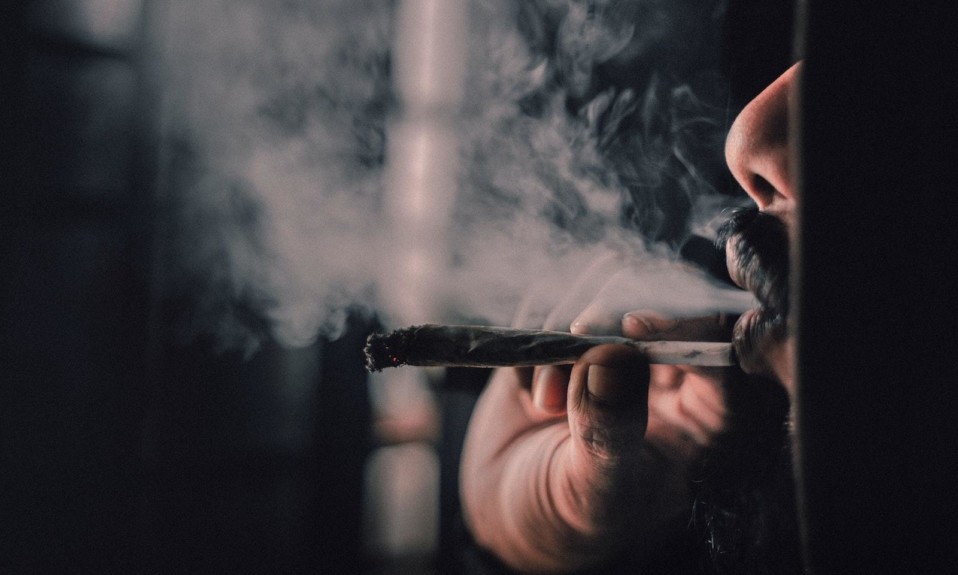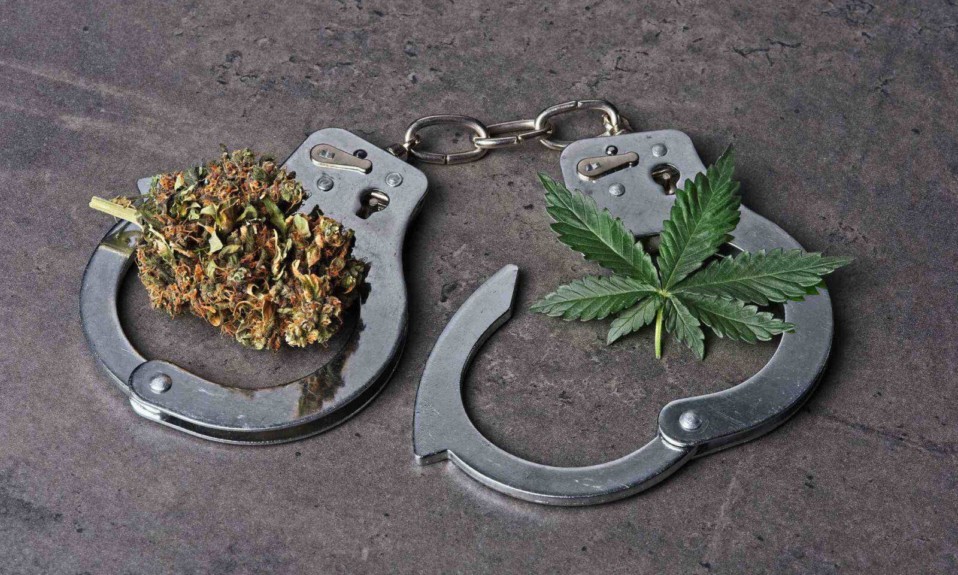The move is both a signal of the government’s new approach and an acknowledgement of overwhelming popular sentiment
By Jason Langendorf
Thousands of Americans were pardoned for federal marijuana possession in October 2022, but the full scope of President Joe Biden’s announcement is far wider. The move will have a ripple effect that not only improves the lives of countless others who use marijuana, but should clarify policy and reset priorities for government officials and law enforcement agencies from the federal level down to states and local communities.
Initial reactions to Biden’s pardons—which affected more than 6,500 individuals, according to a White House estimate—ranged from outrage to “not nearly enough,” with surprisingly little in between. Even the president himself seemed to signal that these latest moves were at least in part symbolic.
Even symbolic gestures tend to carry significant weight when they come in the form of federal reform as mandated by the president.
“Too many lives have been upended because of our failed approach to marijuana,” Biden said in a statement. “It’s time that we right these wrongs.”
But even symbolic gestures tend to carry significant weight when they come in the form of federal reform as mandated by the president. And it should be noted that Biden’s moves weren’t limited to simple possession pardons.
The Pardon as a Signal to States
First, let’s not overlook how the lives of those 6,500-plus people are affected. Each has been returned the right to vote, for instance, and no longer must explain a felony charge to future potential employers. The policy change also applies to who-knows-how-many more thousands who won’t be incarcerated or denied housing or educational opportunities for marijuana possession.
Additionally, Biden urged governors to issue similar pardons at the state level. Although the call was mostly met with concerns over immediate political trickle-down effects, Biden’s backing sets a strong precedent for states.
“We need to end this stigma that can keep people from getting jobs and make sure law enforcement keeps its focus on fighting violent crime, drug traffickers and other threats to safe communities.”
North Carolina governer Roy Cooper
In 2021, Illinois governor J.B. Pritzker (D) pardoned 9,000 state residents, but the move at the time was mostly met with cautious indifference by lawmakers elsewhere. Concerns lingered about the optics of pardons while marijuana was still classified as a Schedule 1 drug and when even a Democratic president wasn’t willing to get behind decriminalization, let alone full legalization. Biden’s resetting of federal precedent gives state policymakers leverage to make their own changes and sends a clear message that reflects the overwhelming will of the American population.
“We need to end this stigma that can keep people from getting jobs and make sure law enforcement keeps its focus on fighting violent crime, drug traffickers and other threats to safe communities,” North Carolina governor Roy Cooper (D) said in a statement. “I have also asked our lawyers to examine North Carolina law regarding simple possession of marijuana convictions and pardons to determine if there is action we can and should take.”
Is Reclassification Next?
Perhaps most significantly, Biden called for a scheduling review of marijuana by the Justice Department and U.S. Department of Health and Human Services (HHS)—a move that, if followed, could have far-reaching symbolic and practical effects.
Marijuana is currently classified as a Schedule 1 drug, the same as heroin and higher than fentanyl. “It makes no sense,” said Biden.
A reclassification could essentially force the hands of states to reduce penalties on marijuana charges. And because drug recidivism rates are higher for incarcerated people and the nature of many current state laws is so punitive, future marijuana policy drawdowns could help not only keep more people out of prisons and jails, but also out of the cycle of addiction.
Top photo: Kristina Volgenau













